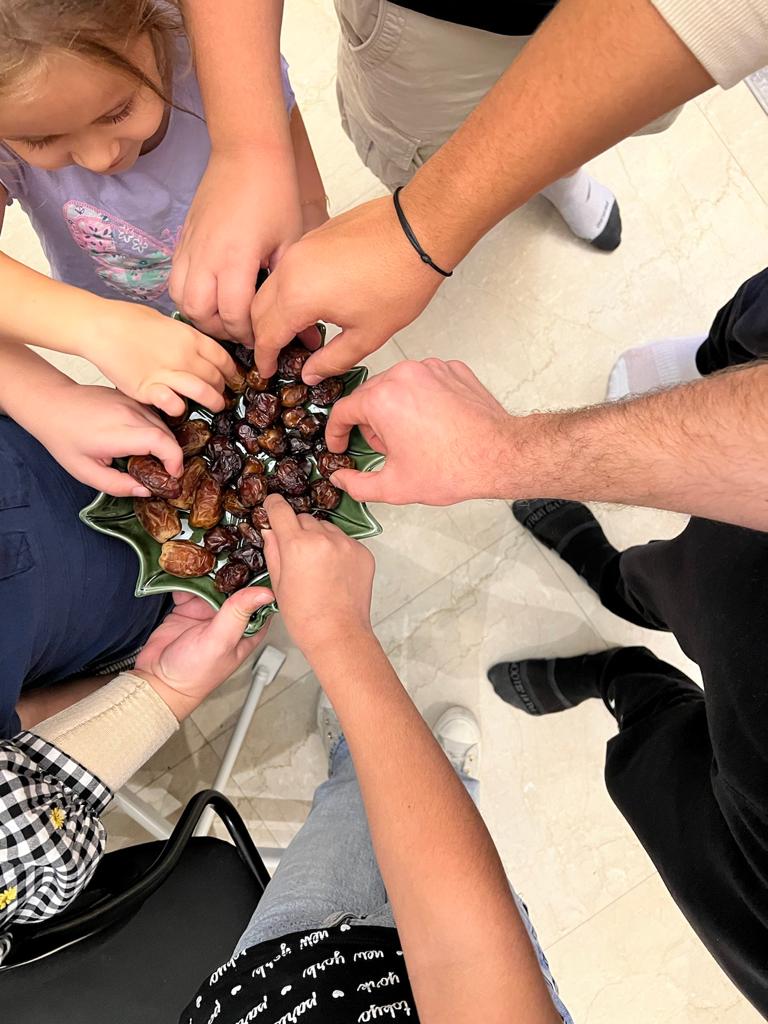For many years the East Lansing government has attempted to foster a close relationship with the Muslim community. One of these initiatives began in 2007 with the mayors’ first annual Ramadan unity dinner. Since then, the city has made greater efforts to connect with the Islamic community. On March 5, East Lansing City Council passed its fourth resolution to honor the month of Ramadan in solidarity with the Muslim community. This resolution was issued before the beginning of the Islamic holy month and the annual mayors’ Ramadan unity dinner fundraising event.
“As a community, it is important for us to recognize the holy month out of respect,” said Elaine Hardy, the East Lansing director of diversity, equity and inclusion. “Our hope is to honor and bring awareness to the Muslim community.”
Hardy penned the resolution as a statement of support. Hardy worked with Thasin Sardar, advisory councilmember for the Michigan Muslim Community Council and board member of the Islamic Center of East Lansing.
Sardar contributed his knowledge of Islam so that the resolution also educated the public about the month of Ramadan. He said his goal was to provide the public with real facts about the Islamic faith and ensure the resolution’s accuracy.
“To me, it was the accurate representation of what Islam meant and whom it’s representing. That accuracy was important to me,” said Sardar.
Ramadan celebrates the revelation of the Qur’an and a thinned barrier with heaven. It is the most important time of the year for people of the Islamic faith. Ramadan lasts for around 30 days and is most well known for its strict fasting requirements. It is a pious season where worshippers focus on charity, fasting and prayer. This year’s Ramadan began on March 10 and ends April 9.
“The translation is to observe Ramadan, the observing part is to fast. That’s the most prominent or famous aspect of it,” said Abdo Korayem, a Muslim Ph.D. student at Michigan State. “It’s also to increase your spiritual practice in general.”
During Ramadan, breakfast and dinner are served in large portions to make up for the lack of food throughout the day. The first meal of the day is called Suhoor and the final meal of the day is called Iftar.
The mayors’ Ramadan unity dinner is modeled after the Iftar dinners held annually by U.S. presidents since 1996. These unity dinners are hosted by the Lansing and East Lansing mayors in the hopes of connecting with the Muslim community. The dinners are also fundraising events, and this year’s dinner raised more than $25,000 for the Greater Lansing Food Bank.
The resolution comes at a time when levels of Islamophobia have increased on a global scale. The United Nation’s March 15 statement referenced the increased levels of violence targeting the members of the Islamic faith.
“What I can tell you for a fact is that the city has had our backs,” said Sardar. “For example, when there have been a few unfortunate situations of fear—in the sense that somebody wanted to come in and hold a protest [at the dinners]—they’ve always been there for us.”
Sardar said East Lansing has gone as far as to have police occasionally increase patrols in the area near the Islamic Center of East Lansing. On one occasion, East Lansing police parked in front of the Center’s parking lot when the Ccnter feared for the safety of their visitors.
Sardar and Hardy both expressed interest in continually renewing the resolution in the future, especially as public awareness of the holiday continues to grow.
“The goal was to bring awareness about the Islamic and Muslim community,” said Hardy. “This is part of our commitment to be fully inclusive to everyone.”
Correction: An earlier version of this article reported that the Greater Lansing Food Bank raised $25 million rather than $25,000.
